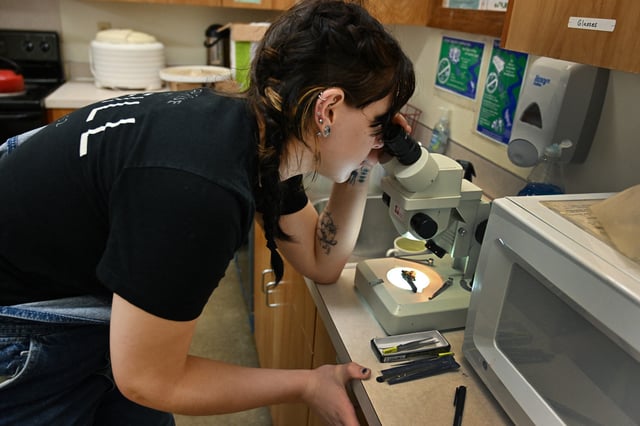Overview
- A study co-authored by Norman van Rhijn projects that Aspergillus fumigatus could spread to 77% more territory by 2100, with nine million Europeans at risk of infection.
- The fungus thrives in warm, damp environments and at human body temperature, making it particularly dangerous for immunocompromised individuals and those with respiratory conditions.
- Global antifungal resistance is rising due to the widespread use of azole compounds in agriculture and medicine, complicating treatment options for infections.
- Experts emphasize the urgent need for expanded fungal biodiversity research, improved diagnostics, and the development of new antifungal drugs to address the growing threat.
- The Wellcome Trust has committed over £50 million to fungal research, as scientists warn that climate change mitigation is critical to limiting the fungus's spread.



